BUSTED: Breaking down car industry's dodgy CO2 and climate claims
The Australian car industry has tried to elevate itself quietly from a mere anti-consumer lobby group to a spectacularly misleading one, with dodgy data and alternative facts on climate action…
The trusty car industry’s elite lobby group in Canberra has authored an entirely fictitious set of made-up, unambitious, arbitrary, CO2 targets.
Of course it is instantly an industry triumph. Spearheading the charge to doing essentially nothing at all on climate action again. Still.
Meanwhile, they continue to sell enormous, heavy, CO2-belchers.
Well, here's the official graph of the industry failing to meet even its own fake CO2 target with some of the most popular vehicles on sale in the nation such as Hilux, LandCruiser, Prado, Ford Ranger and SUVs. Well done.
Developed, sophisticated nations are, of course, laughing at us as they industriously and profitably target net-zero seriously.
But here in Australia, ‘same rubbish, different day’ is good enough. And if that's not possible, we'll just blame the fuel quality, absolve ourselves of all responsibility, and order in a big bag of taxpayer subsidy to do absolutely nothing with except add it to the fossil fuel industry’s bottom line. As is industry/government tradition.
The lobby group geniuses have released the 2021 CO2 emissions so-called compliance data, by brand. Except that CO2 emissions data is actually already available on every windscreen sticker on every single new car in every dealer showroom in the nation - by law - and you can also get it online at GreenVehicleGuide.gov.au.
So, this event, in my view, was hardly newsworthy.
My AutoExpert AFFORDABLE ROADSIDE ASSISTANCE PACKAGE
If you’re sick of paying through the neck for roadside assistance I’ve teamed up with 24/7 to offer AutoExpert readers nationwide roadside assistance from just $69 annually, plus there’s NO JOINING FEE
Full details here >>
AutoExpert DISCOUNT OLIGHT TORCHES
These flashlights are awesome. I carry the Olight Warrior Mini 2 every day - it’s tiny, robust, and super useful in the field or in the workshop. Olight is a terrific supporter of AutoExpert.
Use the code AEJC to get a 12% discount >>
WHEN LOBBY GROUPS SPEAK PUBLICLY, LISTEN CAREFULLY
Let's hear what the FCAI’s spokesperson Tony Weber had to say anyway:
Really? Even brands such as Ford, Great Wall, Hyundai, Isuzu, Jeep, Kia, LDV, Mazda, MG, Mitsubishi, Nissan, RAM, SsangYong, and Suzuki, which all failed to meet these entirely made-up industry ‘targets’, are commended for ‘signing up’. Good plan.
Because giving every brand a medal, no matter how terrible their performance is, or for turning up, always works out so well. It really forces industry-wide change.
Let’s put this so-called ‘information’ in perspective. Mr Weber appears to be neatly inverting the truth here.
See, the Federal Chamber of Automotive Industries - the car industry's grubby little lobby group - of which Weber is its talking head, pretends, in my view, like it has real regulatory powers. But it doesn’t.
Nor does the FCAI, in my opinion, have the audacity to compile a meaningful, compulsory CO2 standard for its members to pledge to and comply with. Why?
Because it's a spin factory. The FCAI represents the typically anti-consumer car industry agenda and they're wholly bought and paid for - funded - by the car industry.
This is merely green sounding spin - greenwashing, if you will >>
This whole campaign, unlike what is depicted over at CarExpert.com.au, is not the car industry striving against all obstacles to save the freaking planet.
They’re not targeting to meet some ambitious regulatory CO2 standard in order to reduce its carbon footprint and keep as many carcinogenic diesel particulates out of your lungs as possible.
Quite the opposite. It's inaction cloaked in the language of virtue. Just like the phrase ‘zero emission vehicles’ >>
The 2021 CO2 target for passenger cars is 150 grams of CO2 per kilometer - entirely made up, because it’s not actually based on any scientific recommendation. The actual average result is 147 grams. So they just scraped in on passenger cars.
For heavy SUVs and light commercials, the target was 193. Actual result: 213 grams per kilometre.
That's a bit of a stuff up.
Let's not forget that the Hilux, Ranger, Triton, D-Max and Prado heavyweight barges are all in the top 10 vehicles by sales, in Australia. We do like our heavy CO2 belching tanks, that's for sure.
No, it's not a commitment, frankly. Not as I see it, anyway - it's actually pathetic. Note the order in that statement: motorists first, which is an excellent lobby group trick, to make you think it's all about you; then the client, the car industry; and then the environment.
Actually, screw the environment. The most hilarious thing here is the complete disregard for the environment in the way the new no-balls emission standard appears to be arbitrarily designed to favour Toyota's corporate interests.
Just for balance and completeness, you should be aware at this point that the Chair of the FCAI is Matthew Callachor, the same Matthew Callachor who is the president and CEO of Toyota Australia. He wears both hats, so we can thank him for rolling out the 300 Series.
Also, those LandCruiser 300s are proper CO2 belchers, not to mention the LC300 lead time which is about as long as it is for the planet-saving RAV4 Hybrid. My sympathy for Toyota extends, of course, to the recent global production cut on Hilux by 30 percent - that must be a real kick in the slats. Can't get the rear axles apparently; it's hard to blame that one on the computer chip shortage >>
So the FCAI and Mr Weber are funded by the car industry and as i understand it that funding is kind of pro rata based on the company's market share and that means the FCAI is 20 to 25 percent Toyota Australia funded and Matthew Callachor is the big cheese.
Even more bullshit surrounding this CO2 standard is the way it makes Toyota look like a dead-set champion of planet-saving virtue, held back only by Australia's crap fuel quality (high sulphur content) and its worse government. In fact, as I see it, the reverse is true.
See the CO2 ‘emission standard’ allocates these meaningless CO2 credits to manufacturers who beat the bollocks CO2 target in either category, which would be passenger cars or heavy tanks (light commercial) but there are no matching CO2 debits for any failures to meet those targets. This is like giving someone an award for helping all those little old ladies to cross the street but failing to factor in or acknowledge all of those armed robberies he also carried out.
If you want to see why this is such a profound disgrace, let’s look at the numbers involved:
629,000 passenger cars multiplied by 3.49 grams per kilometre, under the arbitrary limit, equals 2.2 million fake CO2 credits
But moving across to heavier light commercials and 4WDs:
370,000 heavy vehicles, multiplied by an over-limit blowout of 19.534 grams per km, equals 7.3 million unspoken anti-credits.
Anti-credits beat credits by 5.1 million. It's nearly three times over and the whole industry is a filthy CO2 belching disgrace. All this data is from their spin doctors; this is as good as the industry can make itself look.
Overweight vehicles undo any virtue that might be attributed to lighter cars and they go on to dig a black hole that's twice as deep as the credit attributable to those lighter cars. You can see a solution though, right? Just ditch the Luxury Car Tax and charge a weight tax.
RUNNING THE NUMBERS
Now, I own two heavy vehicles, but, clearly acknowledging the facts - that's the solution. Put the revenue into renewables and spearhead the divorce from coal. Simple.
So you can look here right and see that Toyota has amassed almost 12 million fake CO2 credits, in just a few years, for its passenger cars. Whoopdidoo - oh what a feeling.
But bear in mind, passenger cars are dying rapidly and the small green cheap ones they're going out first.
Bullshit fake credits equals sales multiplied by the grams by which the car maker beats the weak standards’ CO2 target. So 5.5 million credits for Toyota last year, that's about 100,000 car sales multiplied by about 55 grams, plus already accrued bullshit credits.
Nearest competitor is Mercedes-Benz, which is still under a million, (those relatively filthy bastards) Toyota must be almost single-handedly saving the planet, you would assume like when you look at the numbers. Toyota is just so far out in front.
However, it is rather a different story over there in the domain of those inconveniently popular heavy tanks and barges (utes and 4WDs). Toyota actually sold 20 more heavy vehicles than passenger cars in 2021 and if there were anti-credits in this bullshit pretend emissions standard, Toyota would have earned more than 1.4 million of them, simply for transgression with its heavy Hiluxes and LandCruisers.
Top 13 model sales Jan-March 2022
This is therefore, either an accounting system designed by the most incompetent organization on Earth, or it's a system cleverly designed specifically to make Toyota look green. It reminds me of the Morrison government’s carbon credit scheme.
Toyota is spectacularly bipolar on this issue. As a brand, it does love to dress itself up as some tart of environmental virtue and they roll out the Prius and the RAV4 Hybrid; ‘we put bamboo in the plastics’, that's pretty bloody green, ‘how about you love us?’ kind of thing.
But on a bad day, they're also beyond overjoyed to sell everyone a new lard-arsed LandCruiser 300 Series at 235 grams per km - that's 42 grams per km over the current target - and the old V8 200 series was even worse at 57 grams over.
Bogans With Cash are actually my favourite category of car buying human and if that’s you, please understand, there is overwhelming evidence that a climate emergency prevails. We are looking down the barrel of a proper planet-wide calamity; the majority of Australians want effective climate action. We don’t want to extinct ourselves. Do we?
If your principal response to this is ‘that's bullshit, CO2's plant food’, (I hear this a lot), please also understand that the education system in this country really does have a lot to answer for and also Google has been weaponizing your confirmation bias. (You’re getting bad information from the wrong places.)
Anyway, Toyota will also get very excited selling you a Prado, no problem with that: 209 grams per km, that's 16g over the target. Hilux: 220, which is 27g over the target. Fortuner: 201g, that's 8g over the target.
And that's why this so-called ‘standard’ has no credibility. The fact is transportation is an environmentally filthy business, not as filthy as burning coal or gas to make electricity, but it's never going to be a net-positive on the environmental ledger - it's just not.
Yet we need transportation, one of the car industry’s primary goals over the next few years is therefore to convince you that you can consume your way out of the climate emergency simply by buying an allegedly green car. If you don't give a rat’s arse about this stuff, and breathe through your pie hole, they'll be happily continuing to sell you anything big and belching for as long as possible.
But if you really do care, (and I suggest everybody should because climate change will mess with you) then Toyota and company want you to buy that hybrid or that EV on the false pretext that you'll also be saving the planet. Spare me.
The EV is not green; the only truly ‘green’ vehicle is the NV which would be ‘no vehicle’. Or you could just keep the car you've already got for as long as possible. But both of those options are unpalatable to an industry whose only real goal is to sell more cars.
The difficulty is that transportation is non-negotiable for functioning advanced societies - we need transport. But transport's not green. And it’s primarily wedded to combustion right now. It's a paradoxical problem and the bullshit we saw recently from the car industry, personal opinion, is really not helping in my view. A solution is not being fast-tracked by the diligent hard-working likes of the FCAI and its members.
It's just not.
I think you'll find this is the problem in a nutshell. You just can't save the planet and get shit done without a car. But you can’t contribute to making the whole freaking planet a sweltering hotbox and call yourself a climate hero.



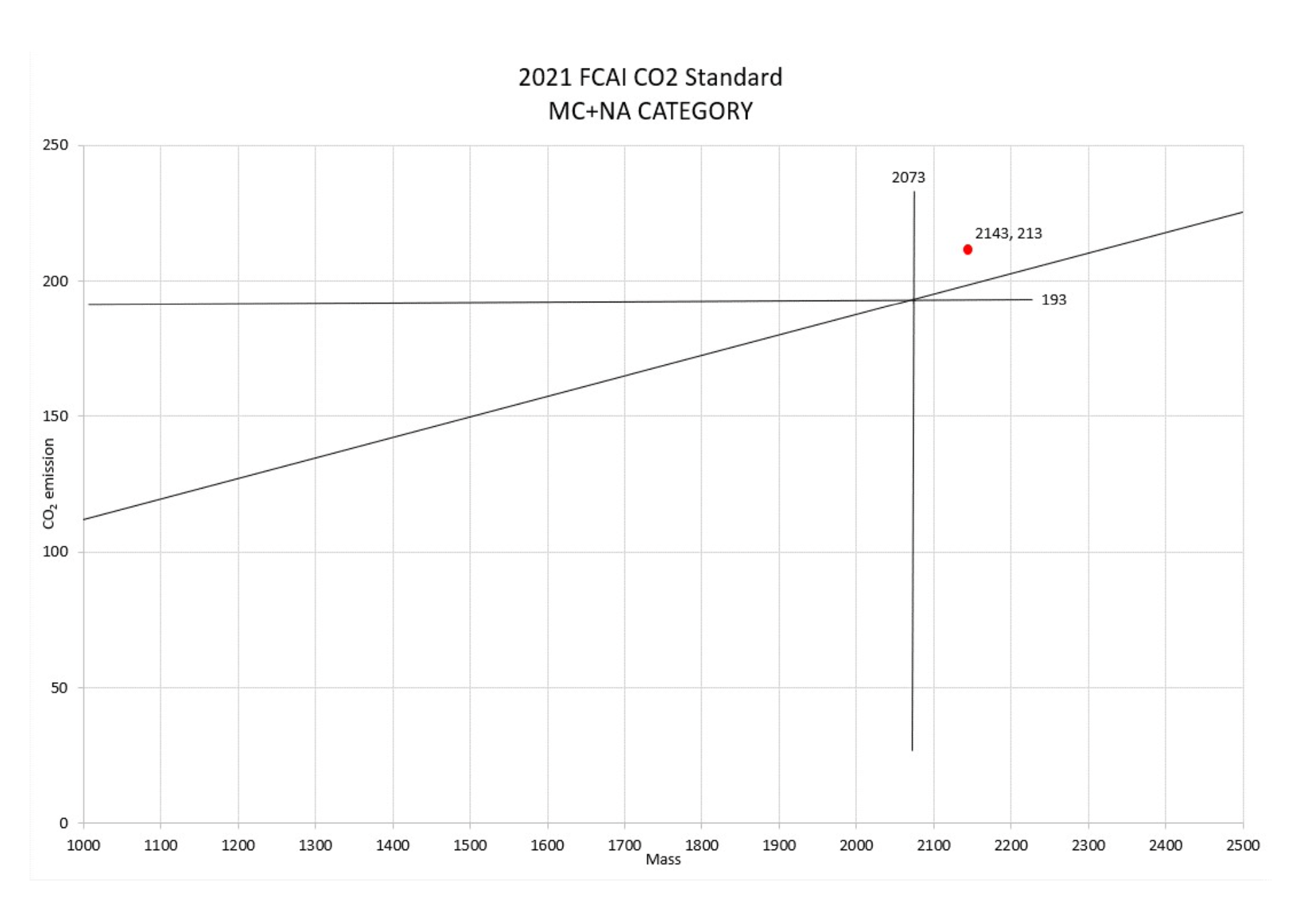



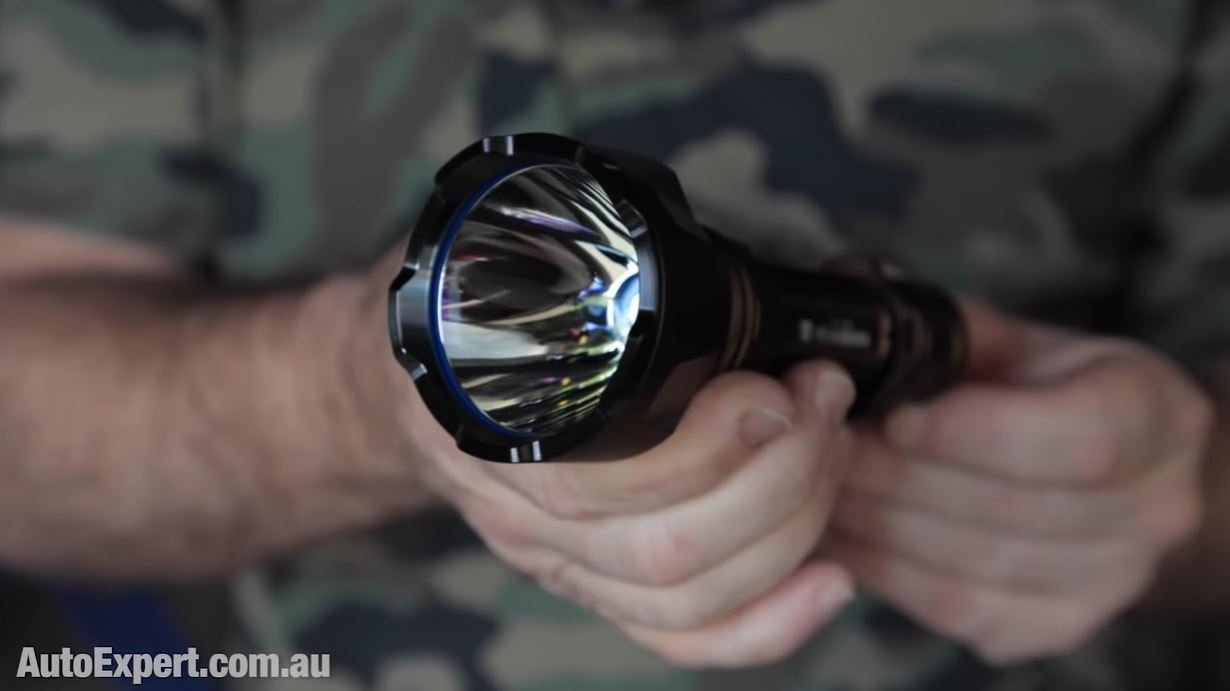















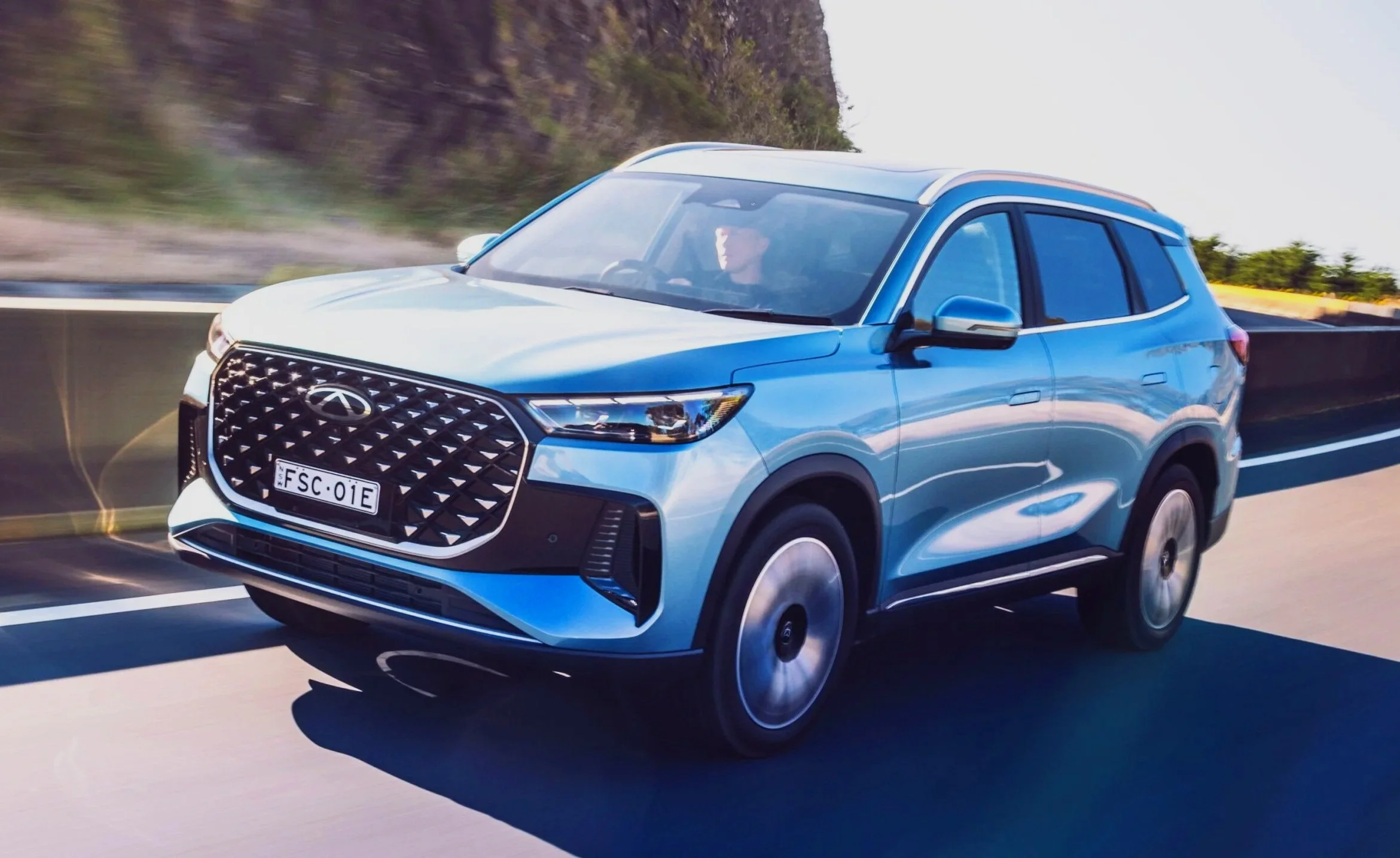
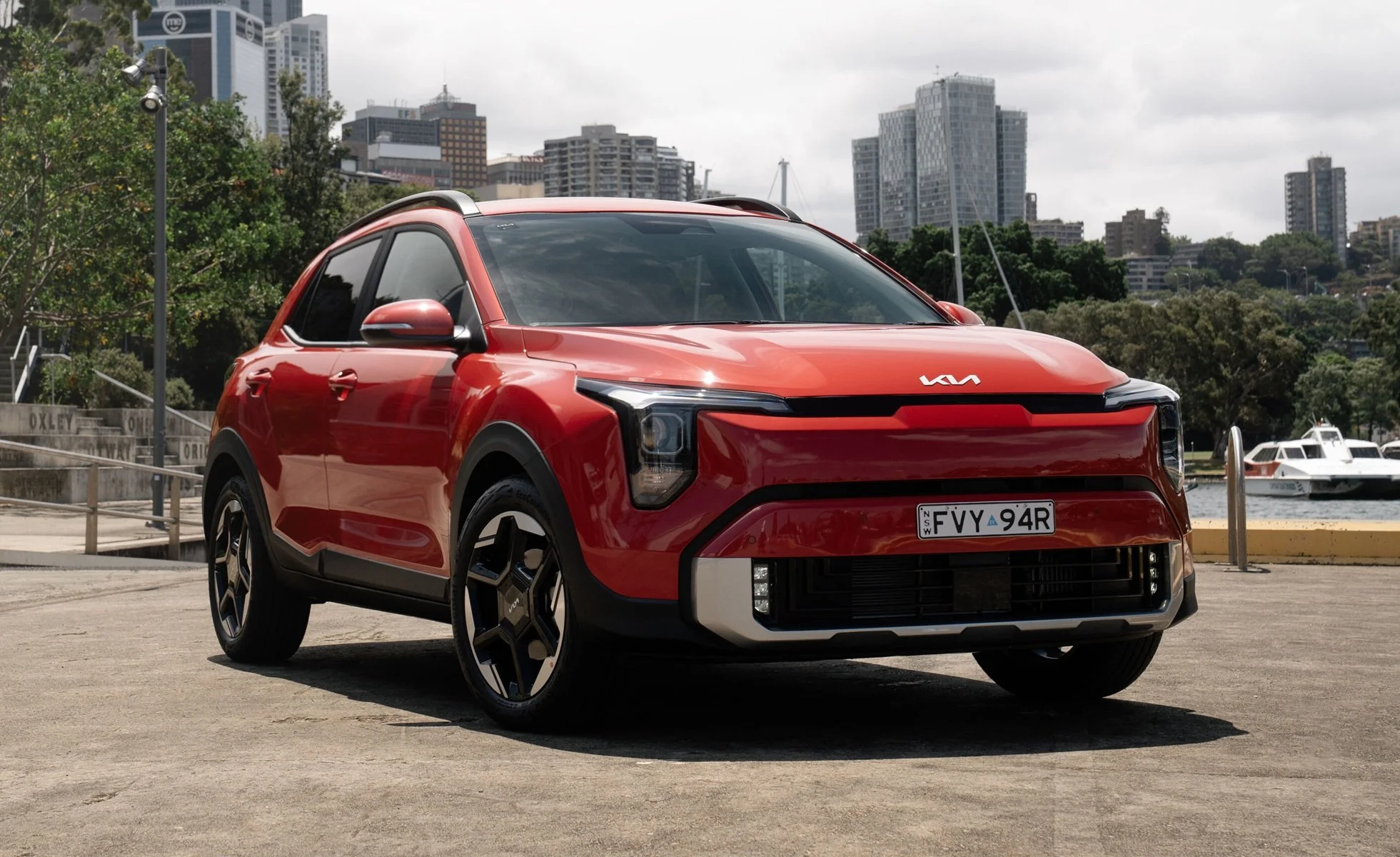
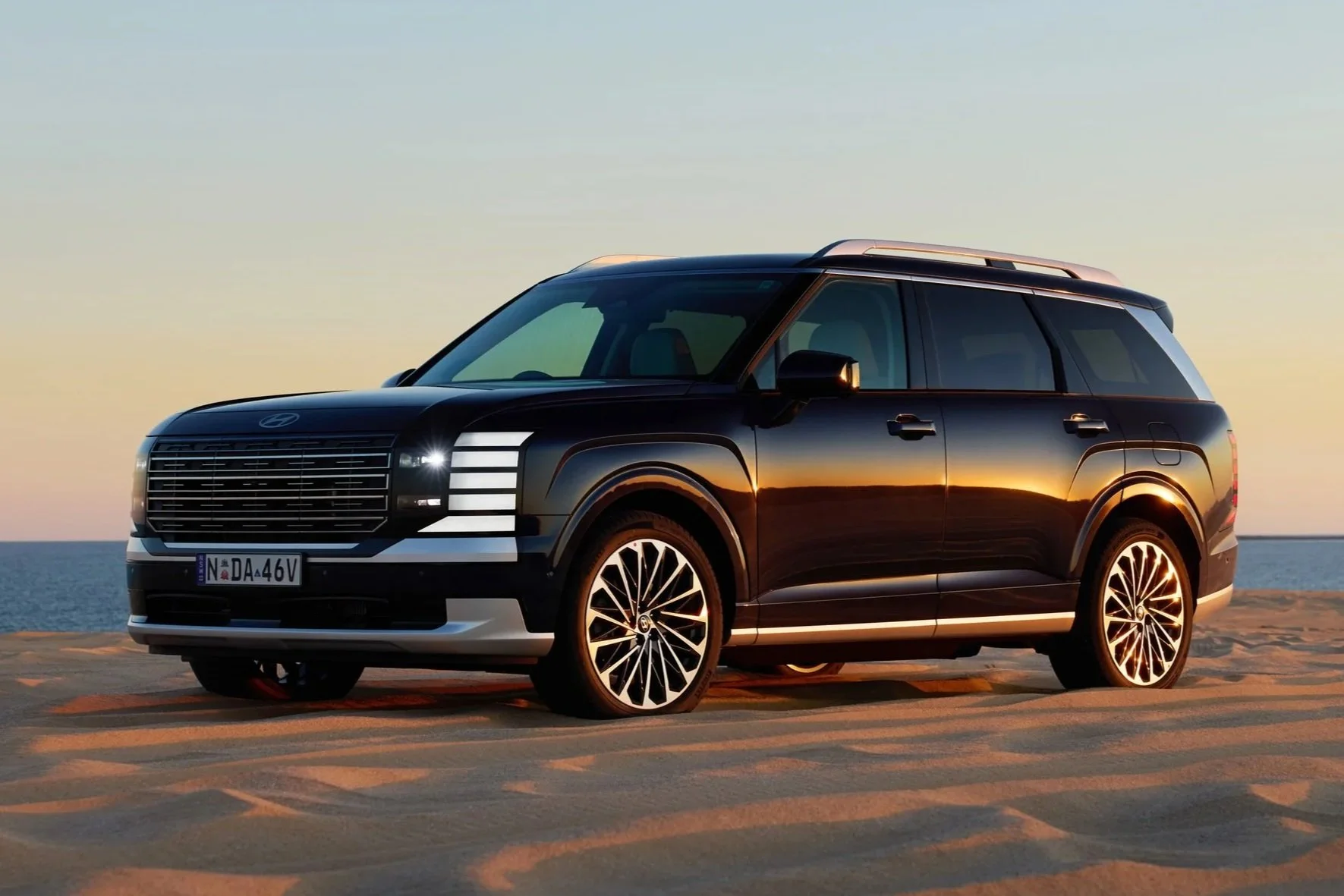
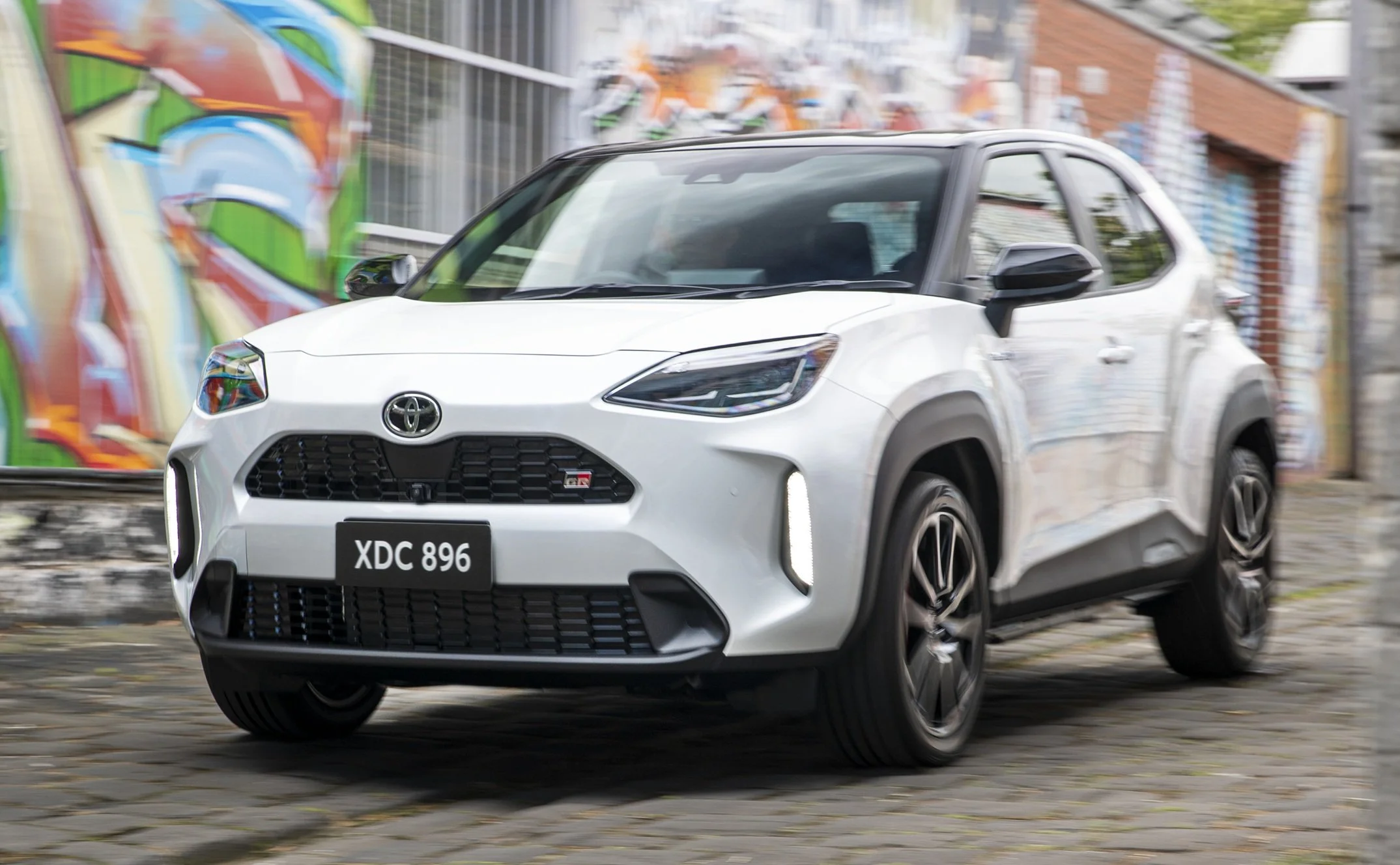

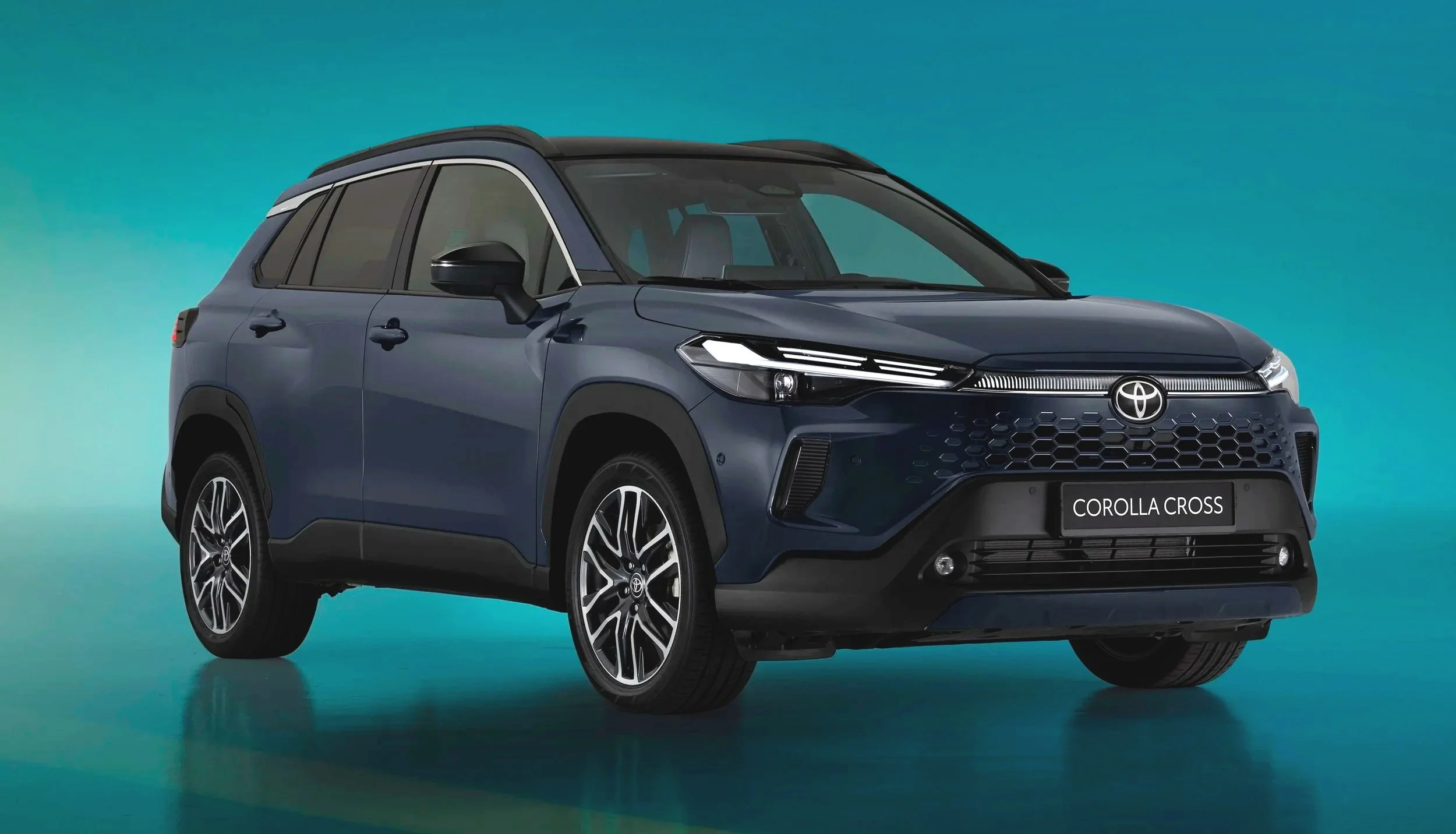

There’s plenty to like about the 7-seat Ford Everest for hardcore off-roading and heavy towing thanks to its big V6 diesel. But is it wise dropping up to $80K on Ford these days?